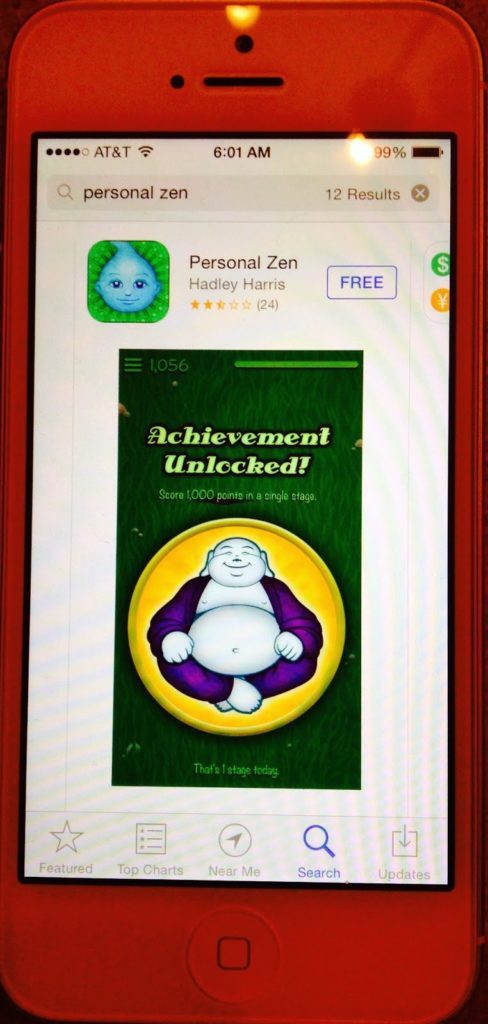| Candy Crush 抵達 350關 (Photo credit: kenming_wang) |
Do you like to play video games?
To be clear, according to Wikipedia…
A video game is an electronic game that involves human interaction with a user interface to generate visual feedback on a video device. The word video in video game traditionally referred to a raster display device,but it now implies any type of display device that can produce two- or three-dimensional images. The electronic systems used to play video games are known as platforms; examples of these are personal computers and video game consoles. These platforms range from large mainframe computers to small handheld devices. Specialized video games such as arcade games, while previously common, have gradually declined in use. Video games have gone on to become an art form and industry.
Video games are popular and are often in the news. Like Candy Crush which had its initial public offering (IPO) this week; however, it is reported that the offering was not as successful as most thought it might be. For sure, Candy Crush gained a lot of popularity on FACEBOOK and you might have noticed that if you have a FACEBOOK profile many of your friends have sent you invitations to play Candy Crush.
Rest assured this post is not about Candy Crush, but about how video games work their way into our lives and can take on new roles including as mental health apps – using games to manage our mental health issues.
ReliefLink ~ free app available on iTunes
If you visit iTunes you can learn more about ReliefLink and even download it. iTunes offers a very brief description:
ReliefLink is an innovative free app developed specifically for suicide prevention and more generally for improving your mental health that brings confidential and supportive help right to the palm of your hand!
Last September ReliefLink was awarded first prize ($50,000) in the Suicide Prevention: Continuity of Care and Follow-up App Challenge sponsored by Substance Abuse & Mental Health Services Administration (SAMHSA ). The app was developed by a team of researchers led by Nadine Kaslow, PhD. Dr. Kaslow is a psychologist at Emory University School of Medicine. Lu Dong, one of the graduate students who worked on this project sums it up nicely:
“Our suicide prevention app is an innovative effort that tries to marry the art and science of mental health care with cutting-edge mobile technology. Though the majority of us are benefiting from the drastic advances in mobile technology in our personal lives, introducing the use of mobile devices in mental health practices is still a new territory with great potential, and suicide prevention is such a vital public health issue. Mobile phones are extremely helpful in immediately getting connected with services and resources, staying in touch with friends and families, and getting important reminders. We have thousands of well-designed games on the app store, but not a single decent app aims at saving people’s lives. A smartphone can bring people entertainment; it should also bring help to people in need. We hope that one click on the smart phone can save a life.”
PersonalZen ~ a game that emphasizes the positive
PersonalZen is a free app that is a game designed to reduce anxiety. It, too, was developed by researchers at Hunter College and City University of New York (CUNY). The researchers were led by Tracy Dennis who is a professor of psychology at Hunter College.
These researchers tested the game using 75 people who indicated that they experience anxiety. The results of this test were published online March 6, 2014, by Clinical Psychological Science.
The article is titled: Mental Health on the Go Effects of a Gamified Attention-Bias Modification Mobile Application in Trait-Anxious Adults. The participants played the game for 25 minutes of 45 minutes and were less nervous than the placebo group when they had to deliver a speech.
NPR reports:
Dennis says her app could be useful by itself or in conjunction with therapy. “You can think of it as a vitamin, or you can think of it as a pain killer,” she says. People with mild anxiety might use it as a way to build resilience, whereas people with more severe symptoms might use it in between appointments with a therapist.
Behavioral health treatment ~ mood disorders and anxiety disorders
Mood disorders, sometimes referred to as affective disorders, refer to a group of diagnoses whose main characteristic is a disturbance of mood. Over 40 million Americans suffer from some kind of mood disorder – most commonly depression and anxiety and seek behavioral health treatment such as mood disorders treatment.
Anxiety disorder treatment at Cottonwood is multifaceted and includes looking at the whole person not just the symptoms. Cottonwood’s board certified psychiatrists are experienced in using non-addictive mood-regulating medications to reduce anxiety. Our counselors know the therapeutic approaches that those who suffer from anxiety disorders and panic attacks respond to best. Cognitive behavioral therapy (CBT) works especially well with patients, helping them to identify and change specific thoughts or patterns of thinking that tend to exacerbate their anxiety or undermine their ability to self-soothe.










